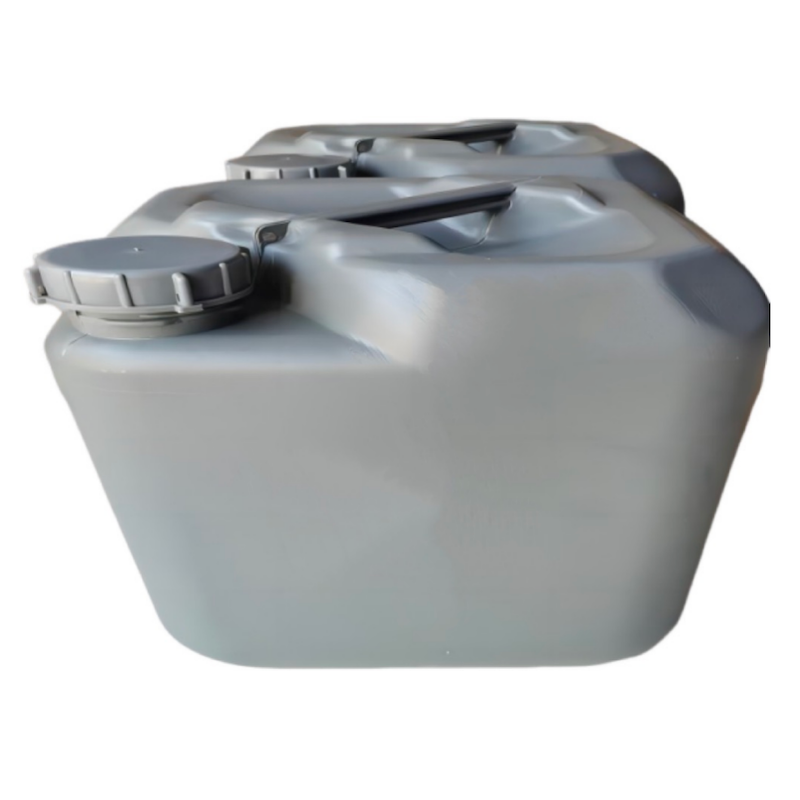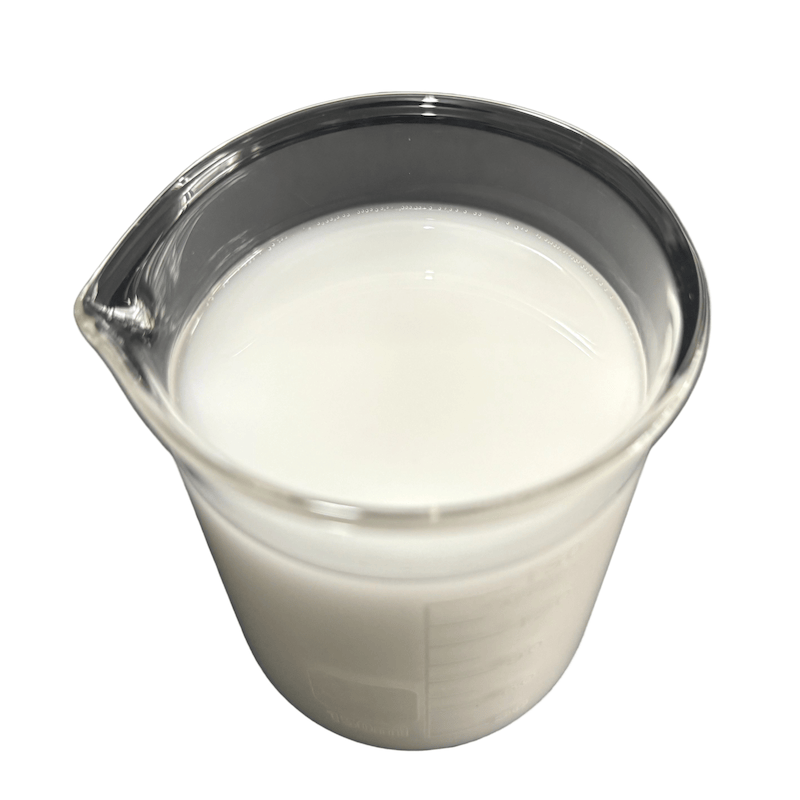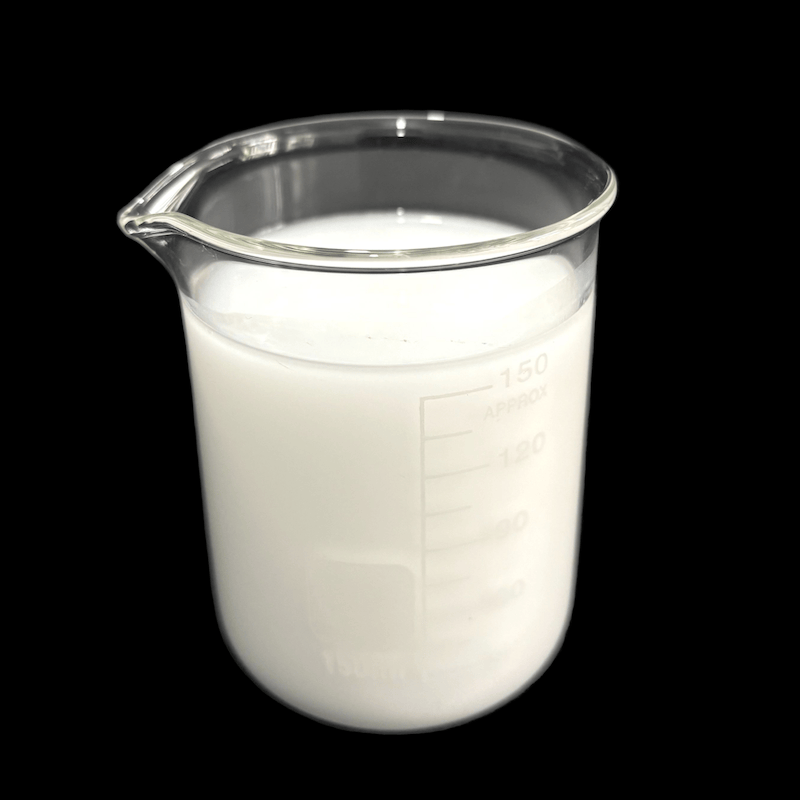חומרי תוספת לעור פוליאורתאן
הוספים לleather PU הם מרכיבים חיוניים שמשפרים את איכות, התיקון והביצוע של מוצריםbuat leather פוליאורתאן. הפורמולה הכימית המומצאת הזו מילאת תפקידים קריטיים בשינוי התכונות הפיזיות והכימיות של leather PU במהלך הייצור. ההוספים כוללים מגוון קטגוריות כולל יציבים, פלסטיקרים, תופי הגנה מפני להבות ומודיפיקטורים משטחיים. כל סוג מילא תפקידי ספציפיים, מהשפרת גמישות ותקון ועד לשפרת התנגדות לאקלים והעלאה של חן החיצוני. ההוספים עובדים ברמה מולקולרית כדי לצמצם את מבנה הפולימר של polyurethane, מה שמביא לתכונות חומר יוצאות דופן. leather additives מודרני PU כולל טכנולוגיות מתקדמות שמאפשרות לייצרנים להשיג שליטה מדויקת על תכונות כמו רכות, טקסטורה וCONSISTENCY צבע. הםicularly מועילים במיוחד בעוטף אוטומובילי, ייצור מебל, חפצים של מודעות ויישומים תעשייתיים. ההוספים גם תורמים לסביבתיות על ידי הרחבת תקופת החיים של המוצר והפחתת הצורך בכימיקלים נזקים. באמצעות בחירה זהירה וצירוף של ההוספים האלה, יצרנים יכולים ליצור מוצרים leather PU שמתאימים לדרישות ביצוע מסויימות תוך שמירה על כלכליות.







